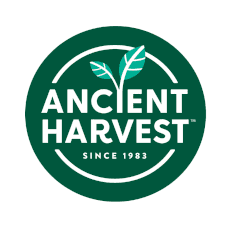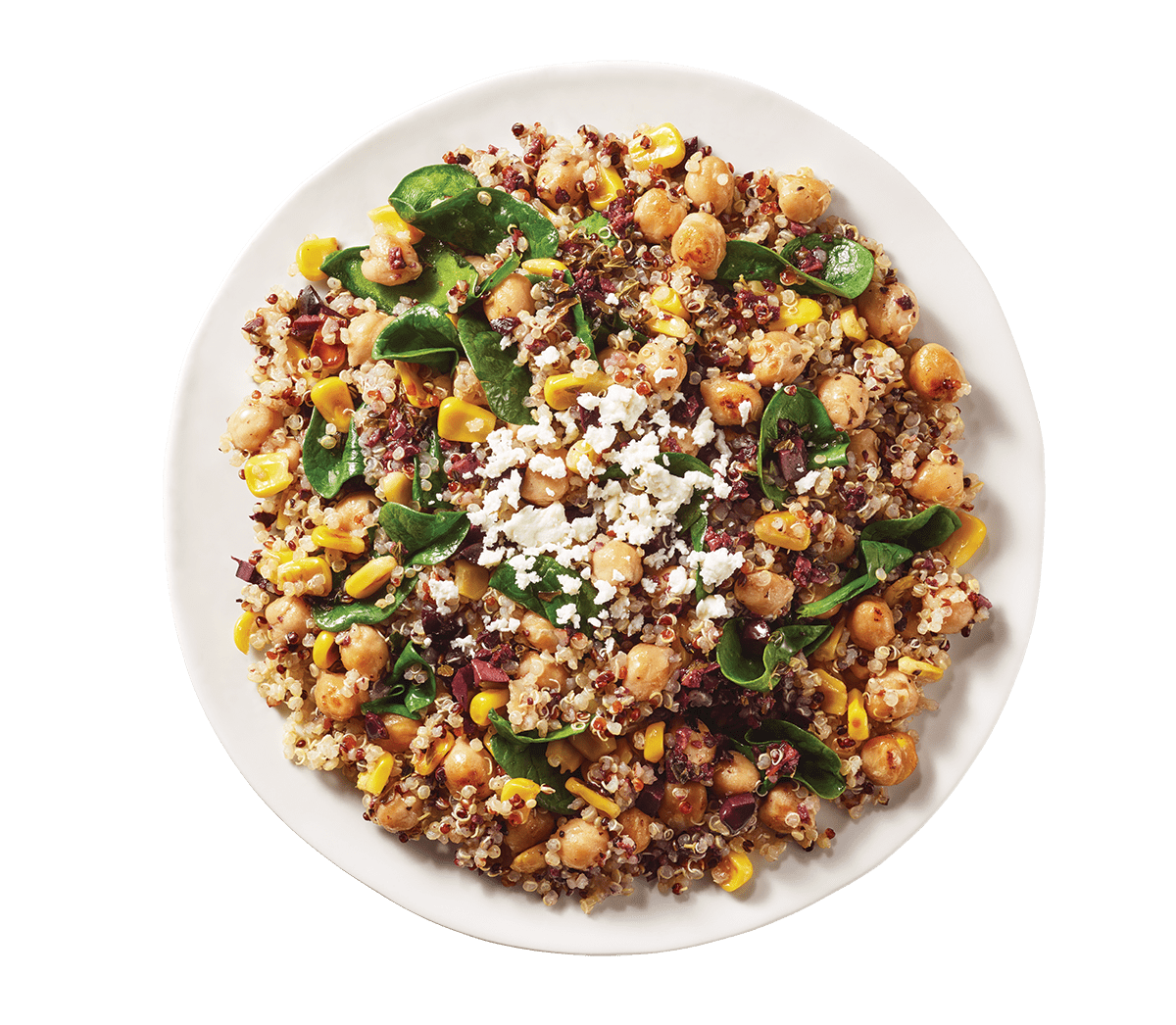The holidays bring people together – people who live far apart from one another, and who live with different dietary needs and preferences. And if you’re thinking of ways to help your visiting loved ones feel at home this season, we’ve got some tips for hosting out-of-town guests with different dietary needs.
Ask questions.
When first making arrangements to host, be sure to ask your guests whether or not they have any allergies or dietary restrictions. Because food allergies and intolerances can come and go throughout a person’s life, it’s possible that someone you’ve known for years may be highly allergic to a certain food without you knowing it.
Also be sure to ask them about their personal preferences – i.e. which easy breakfast items and snacks would they like to see in the kitchen? Would they prefer to dine out or cook all meals at home? This information will help you plan for the festivities ahead.
Plan ahead.
When making reservations at local restaurants, be sure to check with the staff ahead of time to be sure that they can accommodate any special dietary needs or requests. Stick with places that seem confident in their abilities to meet your party’s needs, and who perhaps even call out specific diets (vegan, gluten-free, etc.) on their menus.
When planning your at-home menus, think about the big meals as well as casual snacks. It may help to have a meal plan (even a loose one) in place for the entire length of the visit, so that you are never caught scrambling at the last minute.
Keep it clean.
If you are planning to host someone with a severe allergy (such as an airborne peanut allergy) or celiac disease, properly cleaning your kitchen ahead of time is a must – and that doesn’t just mean a casual dusting. Make sure all surfaces, utensils, faucets, and dishes have been thoroughly cleaned – and also consider shared appliances like toasters, food processors and blenders that your guests might use while they’re in town.
Shop smart.
When grocery shopping for loved ones who have different dietary needs and preferences, it is extremely important to read the labels– even the labels of products you are already familiar with. If, say, your cousin is allergic to cinnamon but you are not, you may not be aware that the spice is in your favorite cereal.
Whole foods like fruits, veggies and gluten-free ancient grains are good things to have on hand when hosting a diverse group of diners – and also be sure to ask your guests whether they have any favorite brands or ingredients that you should stock up on. You might even find a new favorite food this way!
For more useful information and easy tips, be sure to visit us at AncientHarvest.com.




